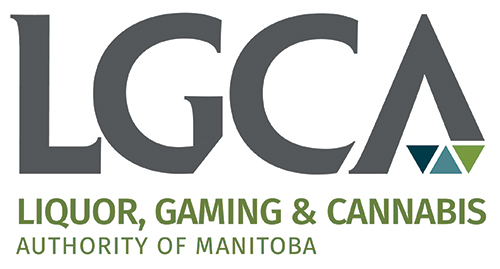”Bring your own wine” program comes into effect. In November, Manitoba joins other provinces in allowing patrons to bring their own bottle of unopened wine to a restaurant to enjoy with a meal. Participating restaurants can charge a corkage fee.
Preparations begin for boutique-style liquor stores. MLCC invites urban grocery stores to express interest in hosting Liquor Mart Express stores. Up to 10 stores are planned for the pilot program, including five in urban grocery stores. The first store opens at the new James A Richardson International Airport in Winnipeg at the end of November.
Licensing improvements are implemented. Manitoba begins offering a new class of licence for brew pubs. In addition, liquor licences are now issued for a three-year term, greatly simplifying the process for business owners.
Alcohol-free options available at Liquor Marts. In October, all Winnipeg stores begin carrying zero-alcohol beer, as well as coolers, sangria and wines. Through an arrangement with Mothers Against Drunk Driving (MADD), sales of certain products raise funds for efforts to reduce impaired driving. The changes also allow Liquor Marts to sell taxi-fare cards, bar ware and promotional merchandise for local events.
Extended hours come into effect. As of July 1, “last call” for all licensed premises is 2 a.m., seven days a week, except Easter Sunday. Occasional permit holders can stay open as long as licensed premises.
Strict new public disorder rules take effect. Also as of July 1, licensees are held responsible for disorder around their premises, such as on sidewalks in front of their premises or in nearby parking lots. Liquor inspectors now have the right to close a premise for up to 12 hours when there is violence or other imminent risk to the public. Fines for disorderly conduct increase from $292 to $655 – the toughest in Canada.
Manitoba’s New Hospitality Strategy is unveiled in May. The amendments to The Liquor Control Act are passed into law on June 16. The strategy looks at new hospitality initiatives such as brew pubs, Liquor Mart boutiques in grocery stores and the ability to bring your own wine to restaurants; public safety improvements; underage drinking countermeasures and less red tape.
Greater emphasis on personal responsibility
Increasing permissiveness in liquor laws is balanced by other laws imposing tougher penalties for abuse of alcohol, including driving while impaired. Individuals are expected to take more personal responsibility for the consequences of consuming, serving and selling liquor.
